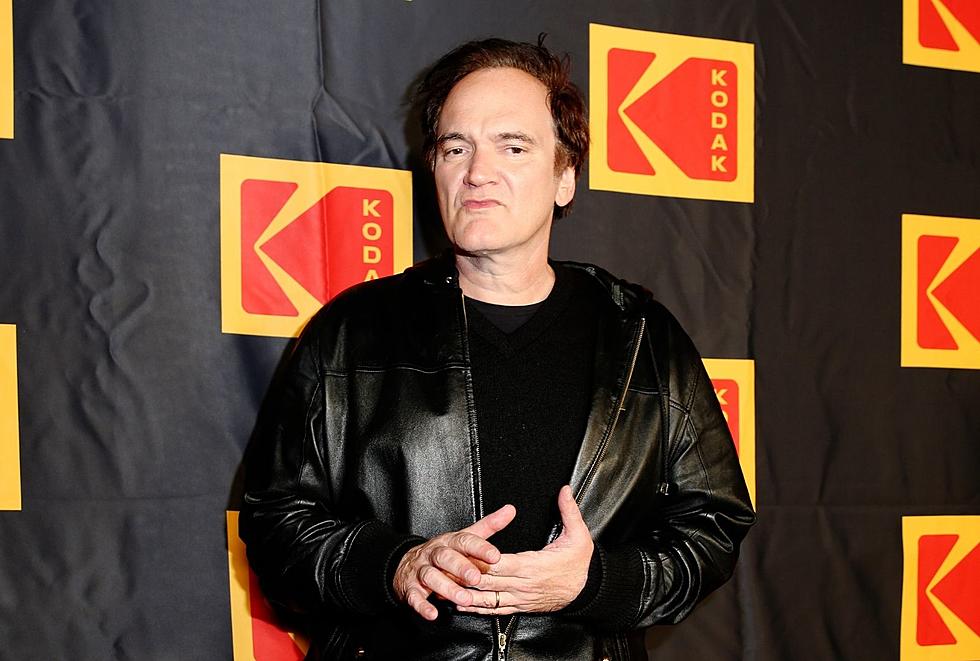
More Than Human: Optimus Prime
There is no greater example of the righteousness and fortitude inherently found in the best of mankind than Optimus Prime. Superman? That schoolboy couldn’t even stop Lex Luthor from becoming president of the United States. Luke Skywalker? He was a bigger sucker than Hamlet. Capt. Kirk is the Priceline Negotiator. But the leader of the Autobots — made of steel, extraterrestrial tech and a knowledge base downloaded via the Internet (according to the 2007 Transformers film) — remains the pinnacle of human decency.
The name alone commands respect. Optimus. Prime. Heed his words, and thanks to being at least nine million years old, give or take, he'll surely impart some wisdom and you'll walk away feeling like a better person. Cross him or his crew and you risk the ass-kicking of a lifetime, but only if you have it coming. Then there’s his voice. The rugged baritone snaps to attention any and all who hear its cacophony.
Yes, Prime is technically not a human. Neither are the aforementioned examples of humanoid, albeit alien, greatness (Krypton and Polis Massa, the birthplaces of Superman and Skywalker, respectively, are not in the Milky Way, obviously). But like all great and cherished sci-fi characters, admiration for Prime or anyone with special powers you wish you had is also tied to traits and emotions they possess that us mere mortals can also claim. Right and wrong, bad meets evil, righteousness versus wickedness, all qualities applicable to those of us limited by flesh and bone.
So no matter the media he is being observed and cheered on — from comic books to cartoons to live-action blockbusters — Prime is alive because he has an indelible soul. In the Marvel comics, Optimus was dedicated to using violence and battle only as a last resort when dealing with evil-by-design Decepticons. This, of course, led to millions of years of conflict before even getting to Earth. The same deal applied to the Transformers animated series. Ignoring the blatant ploy to sell toys for a moment, Prime in 2-D was also focused on leading righteously with wisdom and a steady temperament, which meant his rivals would always live to see another day. That is until Transformers: The Movie in 1986. On the big screen, like in the comic, both Autobots and Decepticons were getting blasted into oblivion. Many tears were shed when even the mighty Optimus fell in epic battle to Megatron.
Here is biggest point of contention about where real world rules don’t apply, since indubitably, Optimus Prime always comes back from the dead. Following the reasoning that O.P. is the epitome of being the best we can be, surely immortality at least creeps into the conversation.
When the beloved cartoon was adapted into the very real-looking Transformers film in 2007, grown men giggled and cheered when the mighty voice of Optimus opened up the flick. The children of these devotees looked at their fathers incredulously, as if to say, “What’s the big deal?” Their fathers, in turn, pointed at the screen, conveying with just a look that “son, this is what being a man is all about.”
Generally, highly intelligent robots sooner than later turn on their creators. However, the volatile nature of artificial intelligence does not apply to Prime (gloss over the fact that he wasn’t built by humans right here). Despite being a perpetual outcast from his native Cybertron, the big guy, has made it his business to look out for the best interests of humanity, period. How many earthlings can really say the same?
(This article originally appeared in the Summer 2011 issue of ANTENNA.)
More From Antenna Mag









